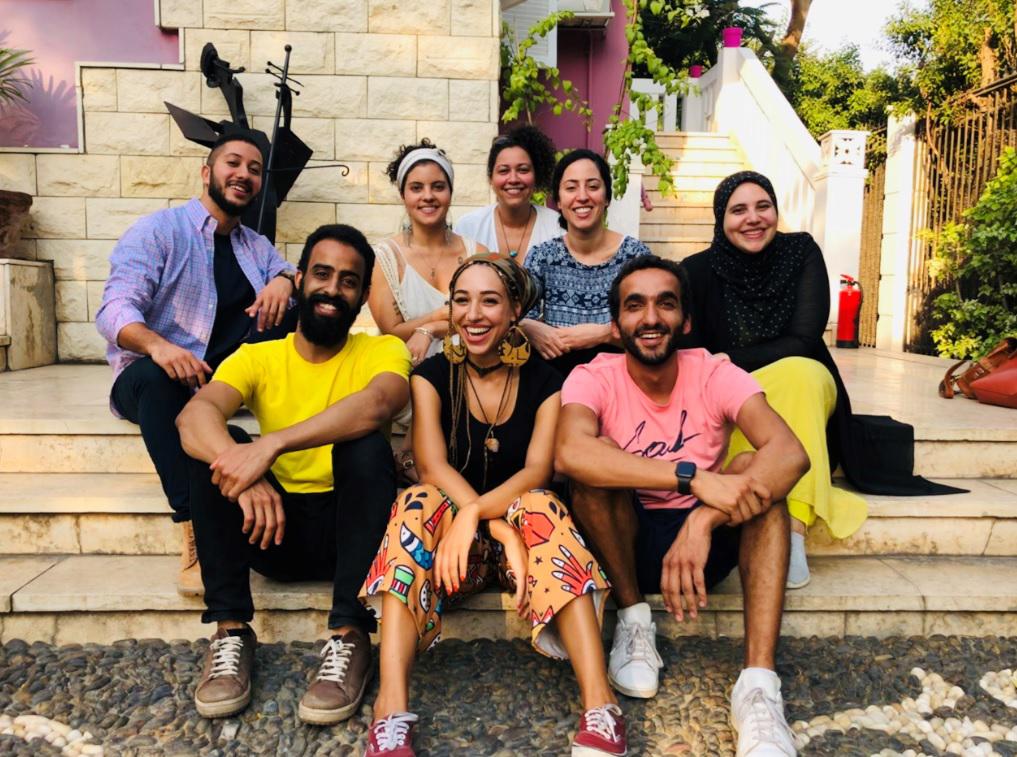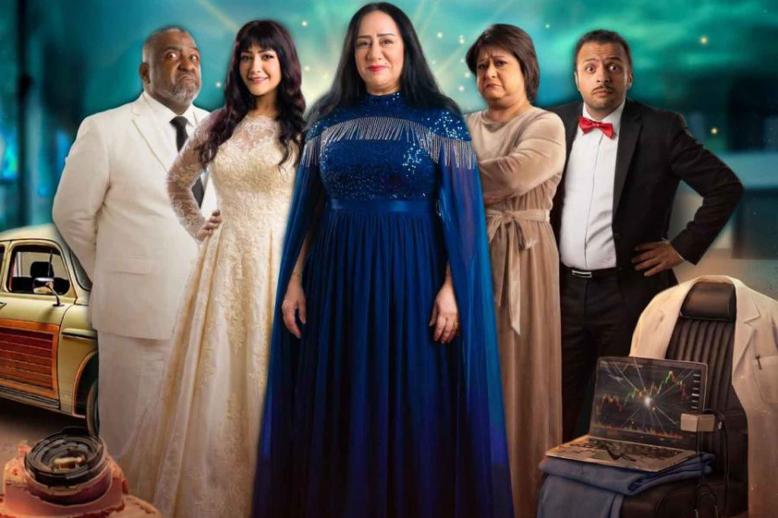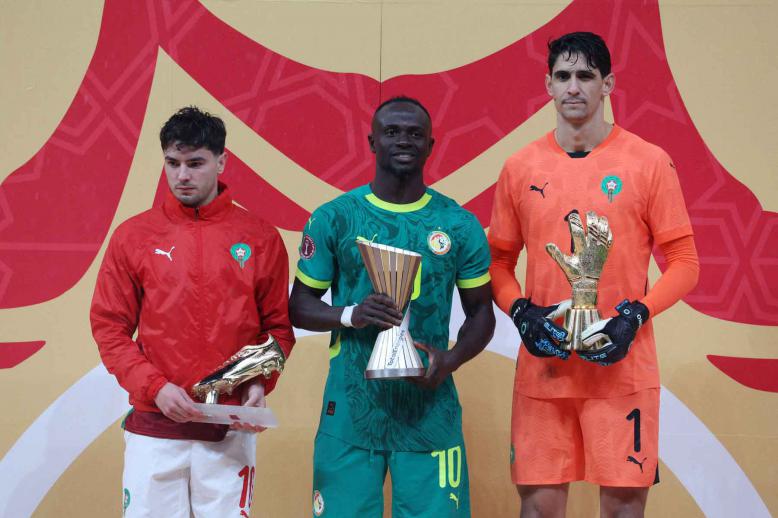Taboo Talk offers Egyptians an offline space to engage in hard conversations
CAIRO - In an ultraconservative society full of contradictions, such as Egypt’s, taboos are discussed with extra caution. Topics such as gender equality and sexuality can barely be tackled even behind closed doors until an Egyptian-Australian social worker attempted to break the barriers with Taboo Talk.
Taboo Talk was begun by Amirah Amin in Google headquarters in Sydney in January 2017. It is described by its founder as “a brave space for difficult conversations and a community-based social change initiative.”
“We provide an offline platform with the aim of building a community of people who are driven by a desire and curiosity to learn, understand and make a positive impact, through dialogue,” Amin said.
Around the time of the Taboo Talk launch, Amin was working as a social worker in mental health and hate speech, mainly working with sex offenders, child soldiers, perpetrators of domestic violence as well as young people contemplating suicide.
“I saw how many discussions, especially online, that had potential for fruitful dialogue, were quickly becoming polarised so I decided to create a space for exploring these dividing issues,” Amin recalled.
“Things are rarely black and white and it’s within the grey area that we find mutual respect and understanding, if we’re willing to do the work.”
Taboo Talk opened in October in Cairo where the initial topic was: “As a society, do we view masculinity as toxic?” In a male-dominated society, it was challenging to address such a topic but Amin and her colleagues accepted the challenge and the result was to a great extent satisfactory.
“After weeks of meeting and discussing the topic with different people, we found that there were many opinions floating around relating to the idea of masculinity, even among our team,” Amin said.
“The concept of masculinity in Egyptian society has to do with the wrong customs and traditions and the misinterpretation of the status of women in religion. Women’s rights are lost to a great extent in a society that doesn’t believe in them. Women are brought up to be apprehensive of men in their lives,” sociologist Mohamed Fahmy said.
Both men and women attended Taboo Talk. No major disagreements appeared on the surface as people from both sexes reached consensus on most points of the dialogue.
“I attended the discussion mainly because I wanted to hear the views of women. I really liked their views,” said Ahmed Salama, 30. “I benefited from the discussion as I heard different views. Most the attendees were not against women.”
Salama said he hoped there would be similar initiatives in Egyptian society but “maybe in a more daring manner.”
Young women had their share in the discussion.
“The talk was evenly divided between men and women. We all shared our views in a free, brave space where I surprisingly met feminist men who supported our opinions as women more than us,” said Miran Tamer.
The topics were guided by suggestions from Taboo Talk attendees.
Taboo Talk team members are trained as facilitators for difficult conversations. At each event, aside from the two trained facilitators, there is a counsellor to support people emotionally triggered by the conversation.
“We also have a dedicated ‘safe space’ that attendees are encouraged to use if they feel they need a time out from the circle. However, we do try to encourage people to stay with their emotions and vulnerability if they can, as this is the key ingredient in building our ‘brave space’,” Amin explained.
Even though the Egyptian society is slow to adapt to change, Amin said she is optimistic about the outcome of Taboo Talk discussions.
“Any change is usually met with a level of fear and resistance. We fear what we don’t know or understand, especially when it is perceived to threaten traditional values or customs,” Amin said.
“Taboo Talk isn’t a new age, wave or trend. In fact, we are only reviving lost traditions that have existed in most indigenous cultures around the world in which communities come together, in a circle format, and solve problems together.”
More sensitive issues are to come in future discussions.
“We [usually] have no agenda and are simply there to hold space and be custodians of the brave space, not of the content. We expect that topics around mental health, relationships, sex, identity and women’s rights, may arise,” Amin said.
This article was originally published in The Arab Weekly.







